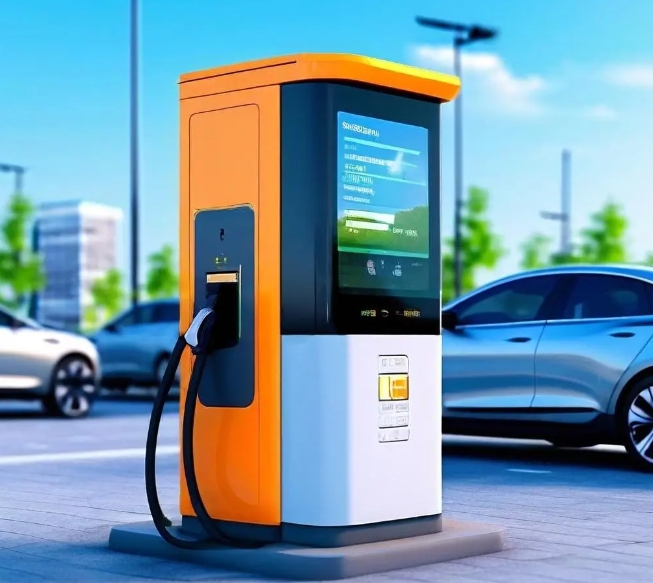With the proliferation of electric vehicles (EVs), charging stations, as crucial facilities for their energy replenishment, have made the efficiency, accuracy, and convenience of their billing systems particularly important. This article aims to briefly introduce the basic principles, functional characteristics, and future development trends of EV charging station billing systems.

Principles:
Based on the principle of "use before payment," EV charging station billing systems utilize intelligent control modules to monitor the electricity consumption in real-time during the charging process.
The systems are equipped with high-precision electric energy metering chips to ensure the accuracy of billing data.
Users initiate charging through methods such as card swiping, scanning codes, or mobile apps, and the system automatically records information such as the start time and electricity consumption.
Upon completion of charging, the system calculates the fee based on the actual electricity consumed and the preset electricity price, displaying or sending the bill through the user's terminal.Functional Characteristics:
Real-time Monitoring: The system can monitor the operational status of charging stations in real-time, including charging progress, power, voltage, and other parameters, ensuring a safe and controllable charging process.
Flexible Billing: It supports various billing modes such as time-based, electricity-based, and power-based, catering to different user needs.
Remote Management: Operators can remotely view the usage of charging stations through cloud platforms, conduct fault diagnosis, adjust tariff rates, and perform other operations.
User-Friendly: Multiple payment methods such as WeChat, Alipay, bank cards, etc., are provided to enhance the user experience.
Data Analysis: The data collected by the system can be used to analyze user behavior, optimize operational strategies, and provide a basis for the layout of charging stations.Future Trends:
Intelligent Upgrades: With the development of IoT and big data technologies, EV charging station billing systems will become more intelligent, achieving more precise billing and more efficient operational management.
Integration of V2G Technology: The incorporation of Vehicle-to-Grid (V2G) technology will enable charging stations not only to charge EVs but also to provide reverse power to the grid when needed, requiring billing systems to adapt to this new model.
Green Energy Integration: Combining renewable energy sources such as solar and wind power will achieve zero emissions during the charging process, and billing systems will also consider the costs and benefits of green energy.
Standardization and Interoperability: Promoting the unification of industry standards will enhance interoperability among different brands and models of charging stations, simplifying user operation processes.
EV charging station billing systems are an indispensable part of the EV industry chain. Their continuous technological innovation and service optimization will make significant contributions to the popularization of EVs and green transportation.




